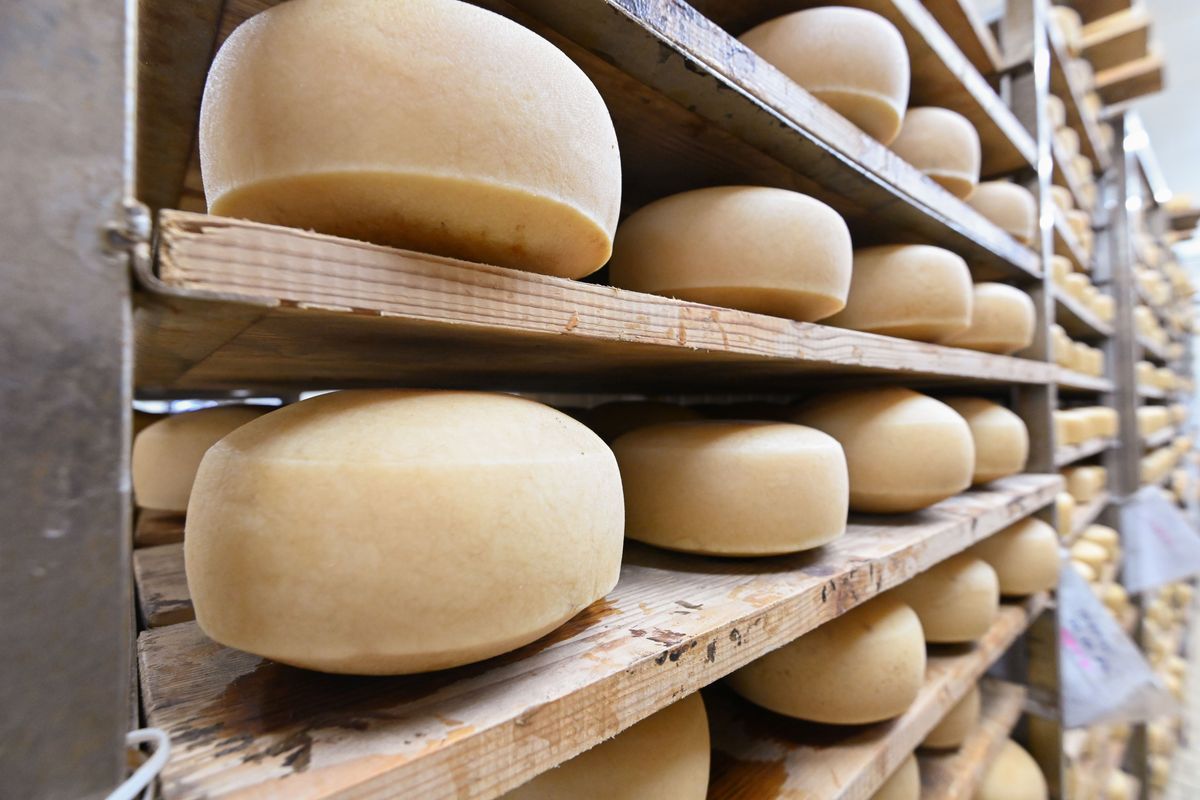The EU will remain a key resource for the UK food and beverage industry despite the challenges imposed by Brexit, according to new insights from UK industry supply chain professionals.
A survey carried out on behalf of the European Commission, which interviewed wholesalers, importers, producers and HORECA (Hotel, Restaurant and Catering) professionals across seven different food and beverage sectors, revealed that the majority will continue to import from the EU over the next 12 months.
Respondents from the wine and dairy/cheese sectors are 100 per cent committed to sourcing additional SKUs from the EU over the coming year, the data revealed. Whilst beer and spirits (80%), charcuterie and meat (80%) and bakery (70%) also showed a clear commitment to the EU.
In contrast, it is the confectionery and fruit & vegetable sectors which expressed the highest level of uncertainty or non-commitment. Both sectors only showed a 30 per cent commitment to sourcing additional SKUs from the EU in 2025, according to the data.
UK industry respondents cited quality (95%), pricing (81%), authenticity (78%) and sustainability (77%) as the most important factors that they consider when adding new SKUs to their product ranges. In parallel, authenticity and tradition were voted the most popular characteristics of EU food & beverage products (79% and 70%, respectively), whilst diversity (64%), good taste (62%), safety (59%), and high quality (54%) also ranked highly by those who were questioned.
When it comes to the wider merits of EU food and drink, more than two-thirds of respondents (66%) agreed that the EU’s Protected Designation of Origin (PDO), Protected Geographical Indication (PGI) and Organic labels are either ‘very important’ or ‘somewhat important’ when sourcing ingredients. Overall recognition of the three labels amongst the UK industry is high – around two-thirds know what they are and what they mean. The European Organic Products label is the most widely recognised (93%), while the PGI label is the least recognised of the labels, however recognition is still high (78%).
The research was conducted in April 2024 against the backdrop of the UK government’s Border Trading Operating Model, which set out a new approach to security controls with the aim of maintaining border security while minimising trade burdens.
“These insights demonstrate that despite the challenges and complexities of new cross-border trade agreements, the EU remains a valued partner and important resource for the UK’s food and drink industry and is likely to remain that way”, says Andrew Crumpton, founder of AMC Consulting and advisor to the ‘More Than Only Food & Drink’ campaign.
Veryan Bliss, managing director of Food Intelligence and fresh produce advisor to the EU’s ‘More Than Only Food & Drink’ campaign supports this view.
“It is clear that the relationship between the UK and EU is incredibly important. In 2023 the UK was the number one destination for EU agri-food, accounting for 22 per cent of exports and with a value of €51.3 billion,” Bliss said.
“The geographical diversity of the EU ensures a steady supply of seasonal produce and often complements the UK’s own growing patterns. When certain crops are out of season in the UK, EU producers support the offer, ensuring that UK retailers can offer a consistent, high-quality selection to consumers throughout the year.
“However responses from fruit and vegetable industry professionals highlight the impact of controls for fresh produce, which have been complex and changeable.”
“But with an easement on fresh produce checks now in place until July 2025 and confirmation that several fruit and vegetable products, which were previously deemed medium risk have now been changed to ‘low risk’, there is an increased potential for UK importers to benefit from the quality of organically and sustainably grown produce from the EU.”


